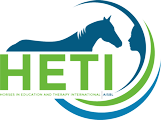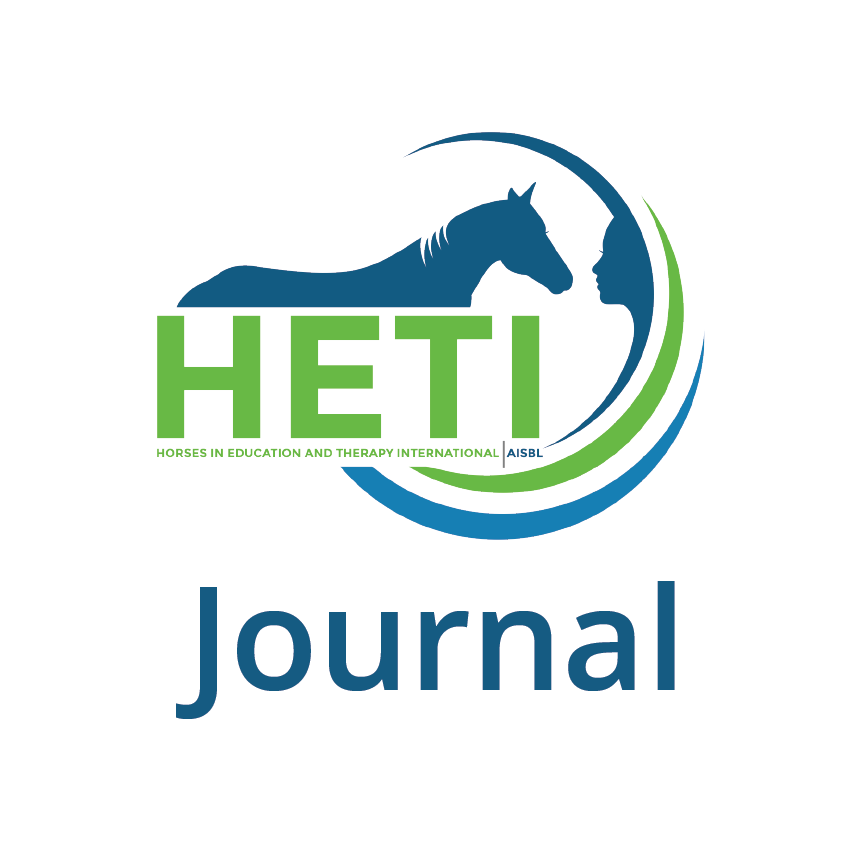The Psychological Effects of Equine Facilitated Psychotherapy on Behaviour and Self-Esteem in Children with Attention Deficit Hyperactivity Disorder ADHD
€5.00
| Author | Rebecca Bombet Basile |
|---|---|
| Year | 1997 |
Attention-Deficit/Hyperactivity
diagnoses of school-age children and adolescents (Shapiro, 1993). The child or adolescent with ADHD has more than a school or classroom problem; he/she has a total lifetime disability (Silver, 1992), with multi-dimensional effects on the emotional, social, cognitive, physiological and spiritual aspects of human development. Behavioural problems with most ADHD children are identified as: (a) impulsivity, (b) inattention, (c) hyperactivity, (d) decrease or no ability to respect others' personal boundaries, and (e) poor or negative self- esteem. There is a minimum of non-invasive techniques used to treat children with ADHD. Therefore the purpose of this research was to explore and describe the psychological effects of Equine Facilitated Physiotherapy (EFP) as a non- invasive intervention on behaviour and self-esteem in children with ADHD.

